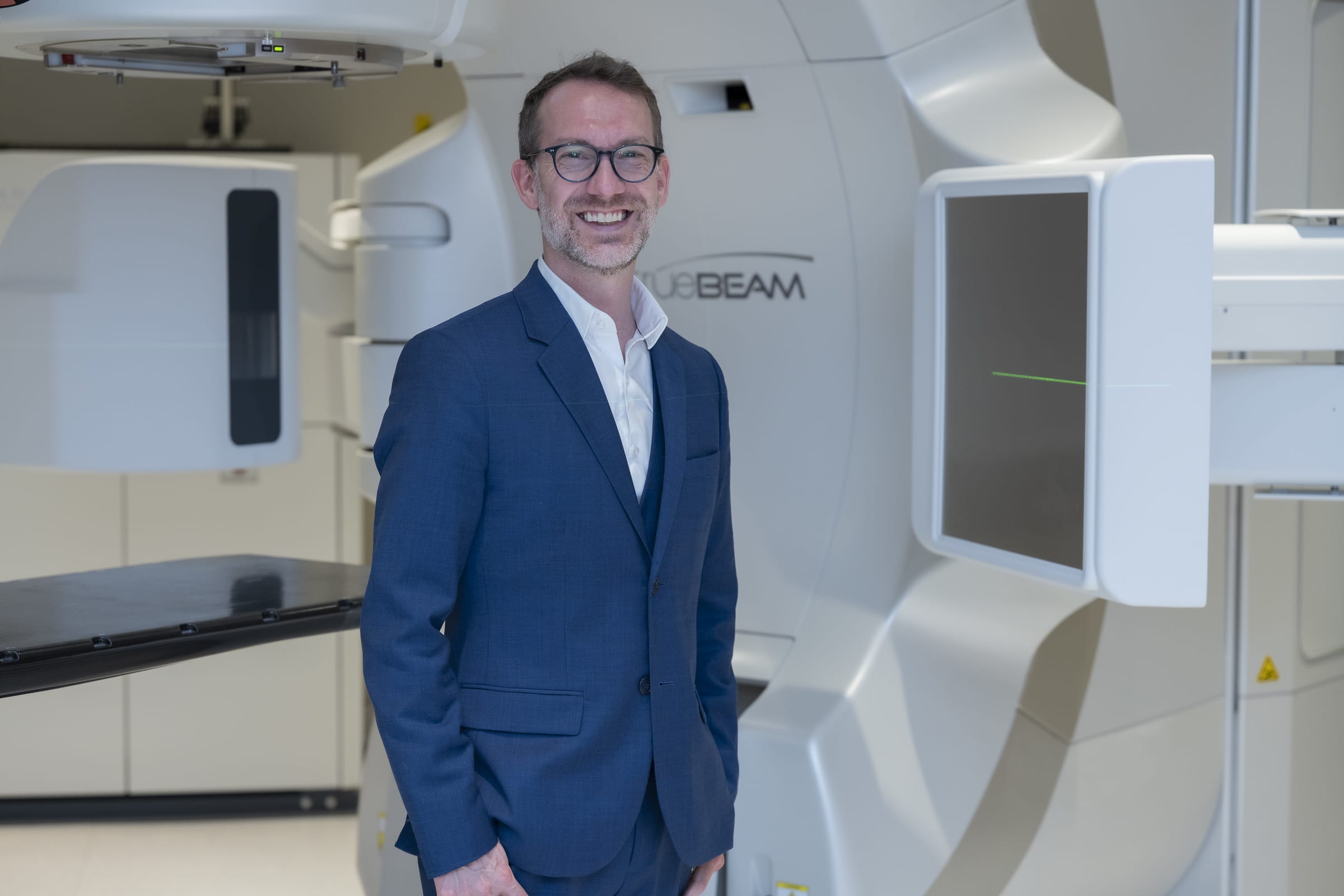Today I’d like to share with you a bit of the history of the Ovarian Cancer Research program (OvCaRe), and how it occupies an important place in my day to day work.
OvCaRe was born in the VGH cafeteria just before Christmas 2000, when David Huntsman (who blogged here about his role as head of the program last summer), Blake Gilks and I sat down to discuss what we wanted an ovarian cancer research program to look like. Looking back, it was great to have the contrasting perspectives of a geneticist, gynecologic oncologist and pathologist. Together, we shared a vision for a program that would be clinically relevant to patients, not in the distant future, but immediately.
OvCaRe was then developed as an initiative between the BC Cancer Agency, UBC and the Vancouver Coastal Health Research Institute, funded through donations to the BC Cancer Foundation and VGH & UBC Hospital Foundation. OvCaRe marked the first time these organizations came together to support a major research program, and this collaboration has paid off in spades.
More than ten years later, OvCaRe has become a leader in ovarian cancer research. And we’re always looking for ways to think outside the box. Just one example of this is the ovarian cancer prevention program. We believe that if we are vigilant, we should be able to decrease the incidence of this cancer by up to 50% through a change in surgical practice. This program is quite unique and of course there are skeptics out there, but for the most part, we’ve seen a great response from our international colleagues.
My ongoing role in OvCaRe is to keep the scientists clinically grounded and encourage them to seek answers to the questions that matter most to patients. Seeing discoveries come to fruition is the most exciting part of my work, because this is what will make a real difference for the people who need it most.
It’s one thing to design improved treatments, but if you can actually prevent the cancer from occurring in the first place, that’s even better. The thing I discuss most often with my colleagues is our belief that prevention will save the most lives of anything that we do.
We’re on an incredible upward trajectory, and this would not have been possible without philanthropic support that allows for translational research to occur.
Thanks for reading,
Dianne


